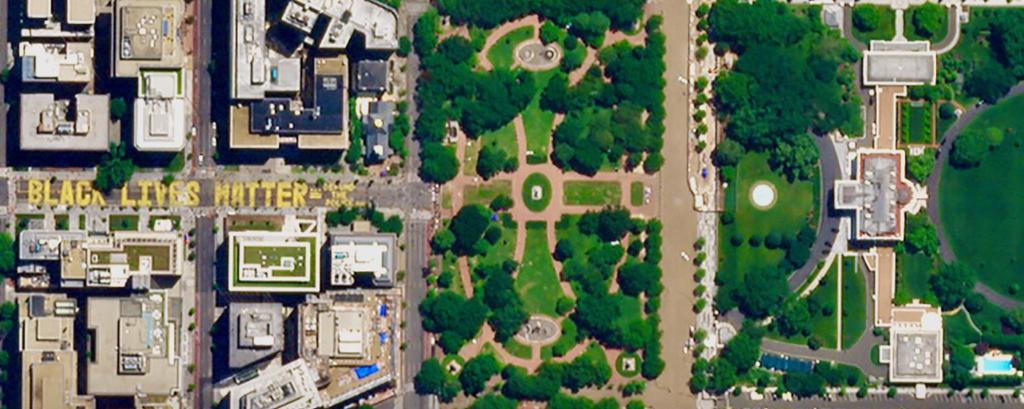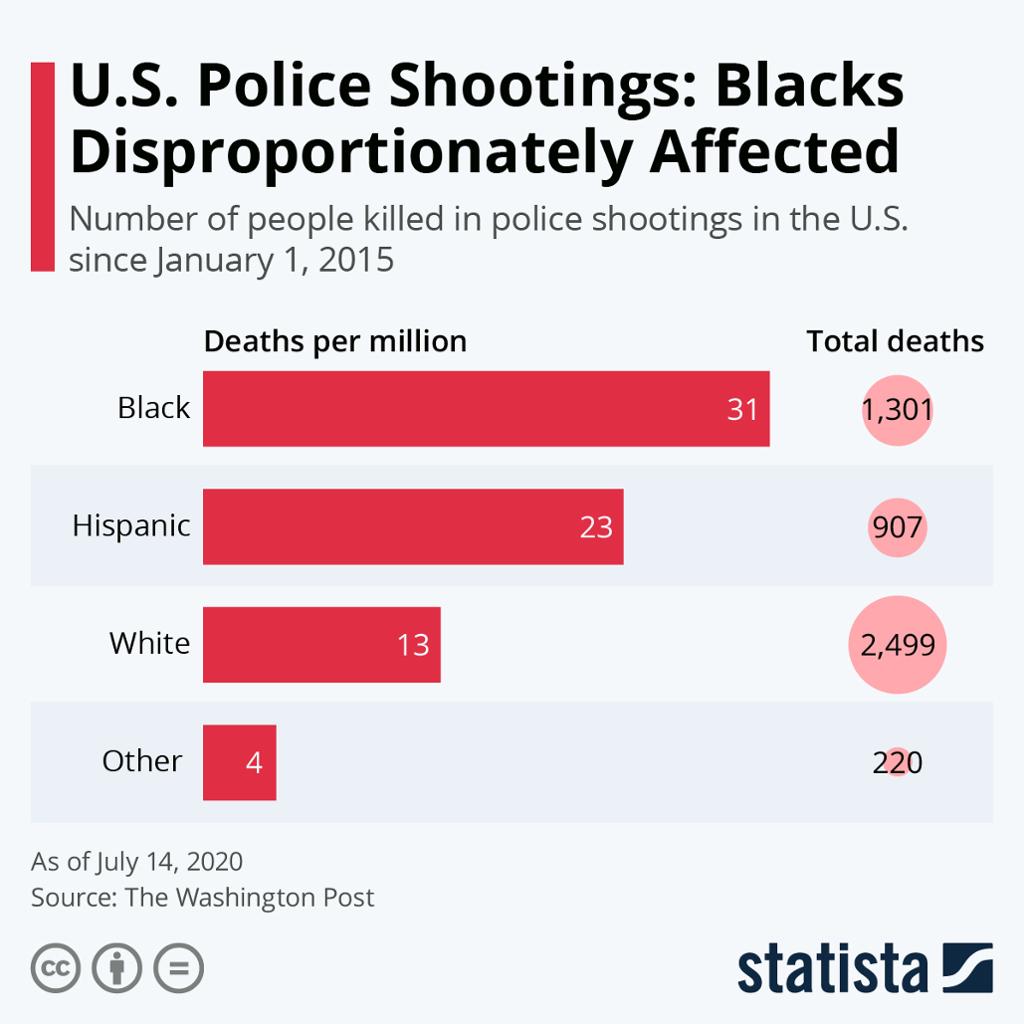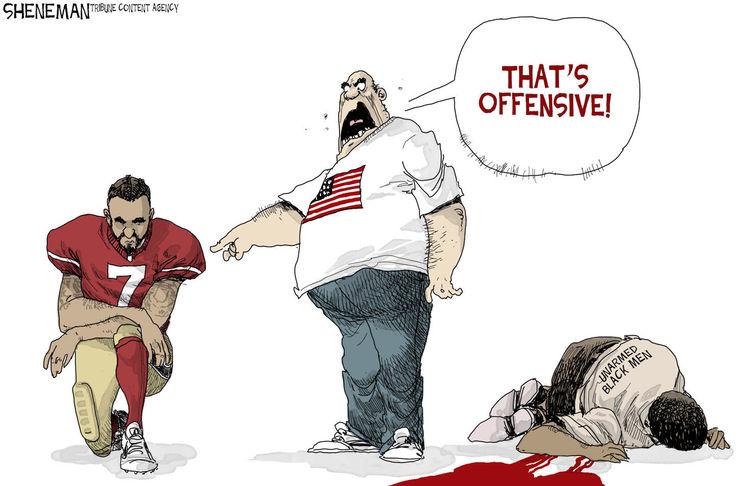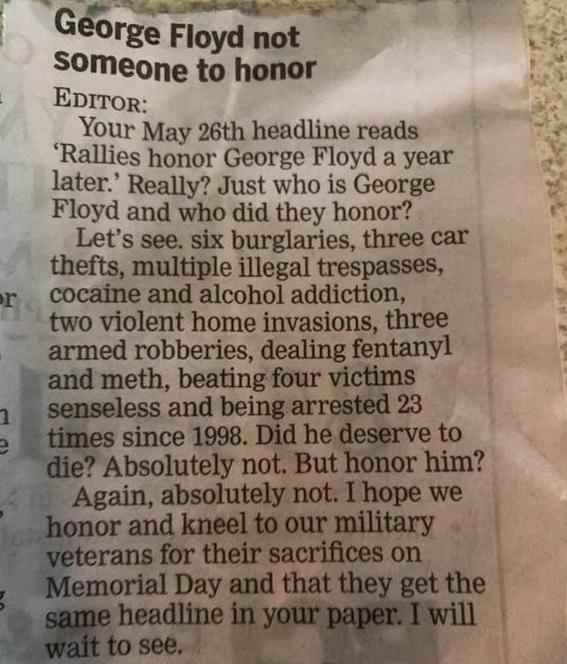Tasks: The Fight for Racial Equality

This is a list of words that are often used when talking about racial discrimination. Some of them refer to the same thing or are more or less interchangeable.
Go through the list and find good definitions of the words. Then compare and discuss your answer with a partner.
bigotry
individual racism
institutional racism
structural racism
systemic racism
implicit bias
unconscious bias
hidden bias
prejudice
white privilege
racial equity
white fragility
anti-racist
micro-aggression
Many events have preceded the founding of the #BlackLivesMatter movement.
In groups, go through the timeline below to get a fuller understanding of the civil rights struggle leading up to the #BlackLivesMatter movement. Each group focuses on one time period. As you explore the timeline, take notes on the important people, protests, and events that you find described. Point out:
three major events that took place during 'your' time period
what changes the activists demanded?
Time periods:
1954 -1964
1965 - 1969
1970 - 1989
1990 - 2009
2010 - 2020
When you have finished, go through your findings in class.

Every year, more than a thousand people are killed by police in the United States, many of them unarmed. Numbers show that Black Americans are disproportionately affected by police violence.
Find out more about police killings in the United States and possible solutions to the problem. What is Campaign Zero, and how does the organisation work? Can better police training change the situation?
We have provided you with three sources, but you should also find other sources that are relevant.
Link to Campaign Zero (joincampaignzero.org)
Link to CBS News: 'Some U.S. police train for just a few weeks, in some countries they train for years.' (cbsnews.com)
Link to BBC News: 'How US police training compares with the rest of the world.' (bbc.com)
Discuss your findings in class.
#BlackLivesMatter went viral in 2013 after the acquittal of George Zimmerman in the shooting death of Trayvon Martin. Not long after, another slogan emerged: 'All Lives Matter'.
Do some research into the background of this slogan. Use the quotations below as a starting point and find more information on the internet.
What was the original meaning of the 'All Lives Matter' slogan? Why do people use this expression? Why is it regarded as offensive by many African Americans? To what extent can we say that these two slogans represent some of the divisiveness we see in American society today?
Discuss your findings in class.
Make a presentation about one of the following topics. Present your findings in a recording, a film, or a classroom presentation.
Find information and statistics about social conditions in the United States and compare the situation for different ethnic groups. (Possible search queries: 'unemployment by race', 'poverty by race', 'incarceration by race' ...) Discuss how social inequality can lead to uprisings and protests.
Discuss the role of social media in grassroots movements like #BlackLivesMatter. What are the advantages and disadvantages of using social media in these movements? Your presentation should include references to other grassroots movements, and discuss whether their use of social media has been a success or not (e.g. Arab Spring, Occupy Wall Street, #Metoo.)
Use the timeline below and pick an event, an individual, or an organisation that interests you. Do research and make a presentation.
Link to timeline: Black Lives Matter, the killing of George Floyd, and the long fight for racial justice (cdn.knightlab.com)

After Colin Kaepernick decided to take a knee during the national anthem, many people called him unpatriotic and accused him of disrespecting the American flag. Use the following political cartoon by Drew Sheneman as a starting point for a text where you discuss the message the artist is trying to convey.
Write an expository essay where you describe the background for the #BlackLivesMatter movement, the results it has achieved, and the controversies it has faced.
Imagine you are an African American teenager who is witnessing, first-hand, the murder of George Floyd. Naturally, this has a profound effect on you, and you want to find a way to express your grief and frustration.
Write a letter to your local newspaper where you express these feelings. Try to include comparable incidents (e.g. the murder of Breanna Taylor or Eric Garner) to add weight to your arguments.
 The killing of George Floyd. Image: Anders Auberg / CC BY-NC-SA 4.0
The killing of George Floyd. Image: Anders Auberg / CC BY-NC-SA 4.0In the picture to the left, and in an expandable box below, you will see an example of a letter to the editor. This letter to the editor was published in the Port Charlotte Sun newspaper on 28 May, 2021. Write a text where you discuss what its contents say about the fragmentation we see in America today.
Related content
Whose streets? is a 2017 documentary about the killing of Michael Brown and the Ferguson uprising that followed after his death.
An interview with Patrisse Khan-Cullors, one of the founders of #BlackLivesMatter